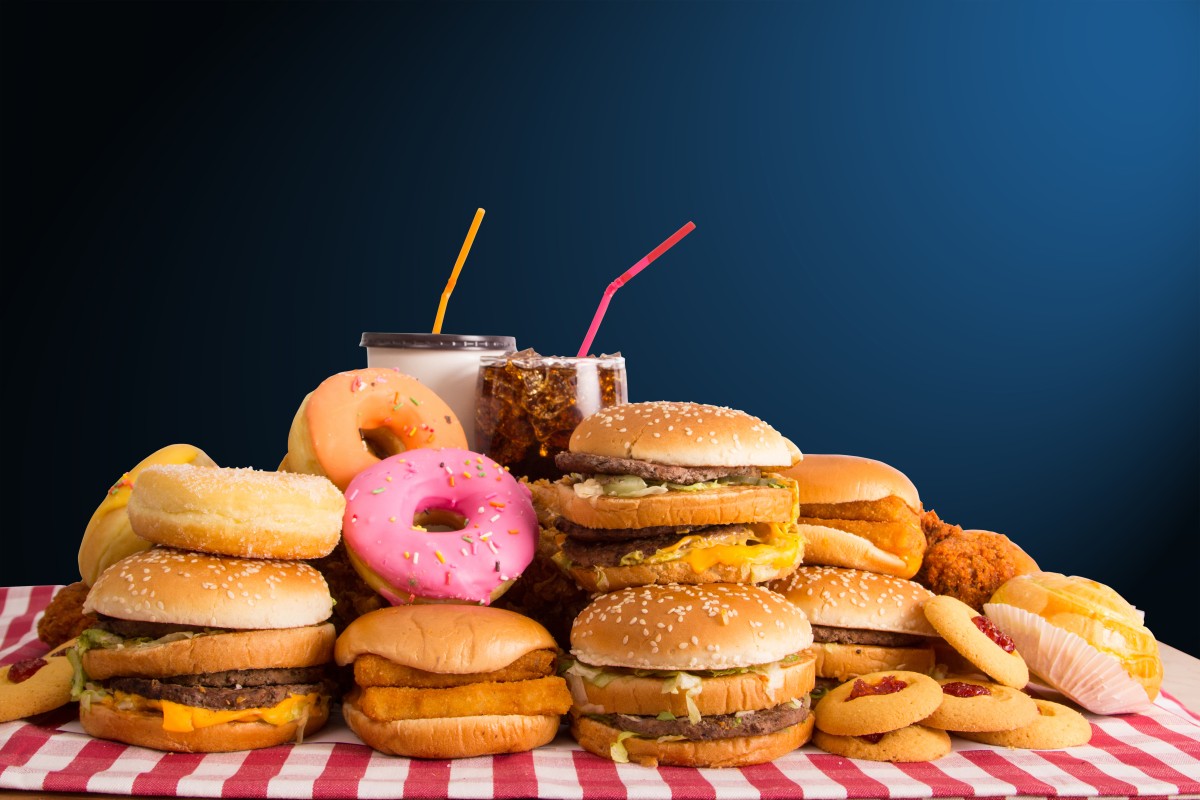
Craving junk food after a bad night's sleep? Science has an explanation for that
Previous research suggests we look for unhealthy snacks when we aren’t well rested because of changes in our hormone levels, but a recent study suggests otherwise
 If you ever wake up exhausted and desperate to eat all this, read on ...
If you ever wake up exhausted and desperate to eat all this, read on ...Do you ever find yourself looking for junk food after a bad night’s sleep? Turns out your unhealthy cravings and lack of sleep might be linked, according to a recent study.
Previous studies have found that a lack of sleep is linked to having a bigger appetite, with some suggesting that less sleep might affect hormone levels. This in turn affects how hungry or full people feel.
However, the latest study suggests that hormones – the body’s chemical messengers – have little to do with this, and that it’s more related to the way food rewards are processed by the brain.
For the study, 32 men aged between 19 and 33 were given the same dinner to eat, and were then either sent home to bed with a sleep-tracker, or kept awake in the lab all night with activities including games.
All returned the next morning to have their hunger and appetite rated, and their hormones and blood sugar measured. Participants also played a game in which they were shown pictures of 24 snack food items, such as chocolate bars, and 24 inedible items, such as hats or mugs.
First they were asked how much they would be willing to pay for those items on a scale from 0-3 euros (HK$0-HK$27). Next, during a functional magnetic resonance imagining (fMRI) scan, participants were asked whether or not they would actually buy the object at a fixed price, which allowed researchers to look at their brain activity upon seeing pictures of food and the other items.
An appalling percentage of local primary school students don't have enough to eat
A week later, the experiment was repeated. This time, the participants who were allowed to sleep had to stay awake, and vice versa.
The fMRI results showed that participants who didn’t get sleep had greater activity in the brain’s amygdala (where food rewards are processed) when food images were shown. But Professor Jan Peters, a co-author of the research from the University of Cologne, in Germany, said what was driving the changes in activity in the amygdala was unclear.
Researchers also found that those who were not allowed to sleep were found to be more willing to pay more for a snack when rested. However, participants were similarly hungry in the morning, whether they had slept or not, and had similar levels of most hormones and blood sugar.
How to eat your way to a stronger immune system and beat the flu
This, the team said, suggested that changes in brain activity in response to images of food after having no sleep were not just about hormones. Christian Benedict, a brain scientist at Uppsala University in Sweden, who was not involved in the study, said because the participants were sleep-deprived they were lacking in energy, so it would make sense that they wouldn’t waste energy on controlling their impulses.
But he noted that the research had limitations, including that it was small and that blood was not taken when participants were looking at images of food during the scanning task. It also didn’t compare participants’ responses to healthy food. He added that it was important to remember that many factors besides sleep can affect body weight.
“It is not only about sleep. Physical activity matters, dietary things, food and accessibility. So we should not break it down only to sleep.”
